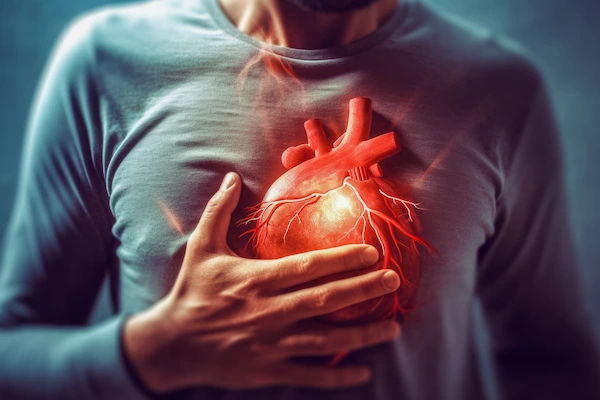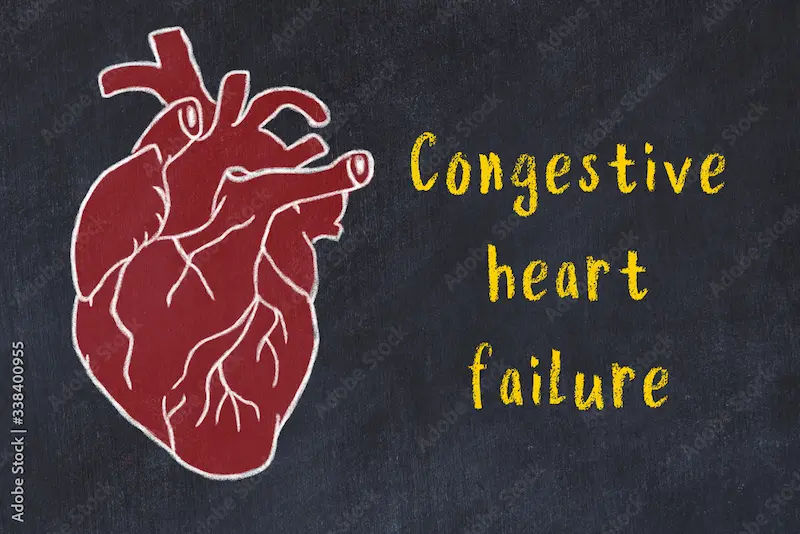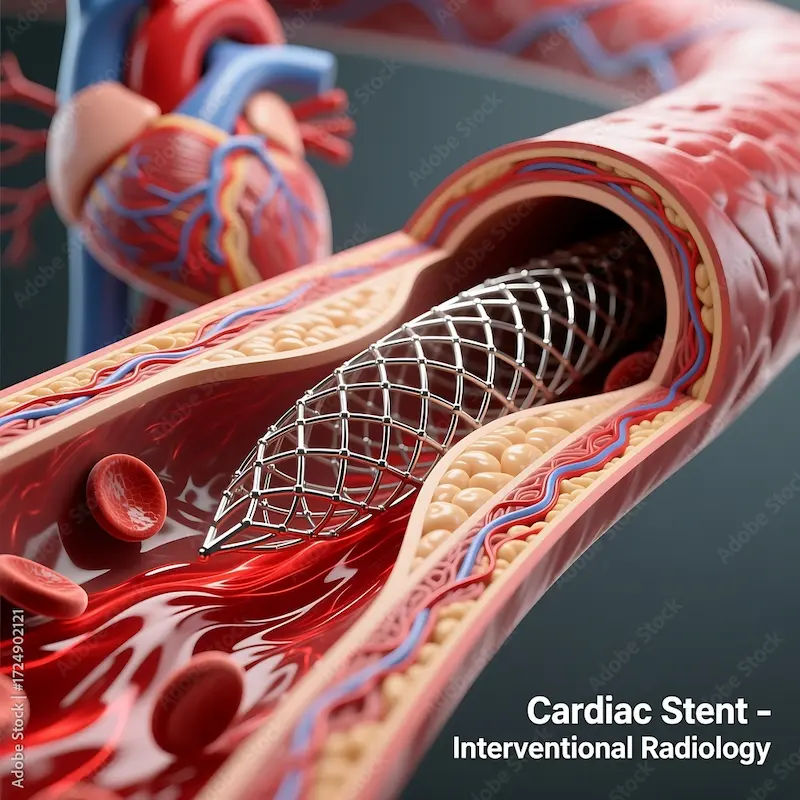- Male
- 31 Years
- 29/01/2025
I'm looking at my lipid profile and I'm a bit worried because my triglycerides are 361. My LDL is at 76, and my HDL is 35. The total cholesterol while fasting came out to 134. I'm not sure what steps I should be taking to bring my triglyceride levels down. Any advice?
Answered by 1 Apollo Doctors
To lower your triglyceride levels, you can start by making some lifestyle changes. You should focus on a healthy diet that is low in saturated fats, trans fats, and cholesterol. Increase your intake of fruits, vegetables, whole grains, and lean proteins. Regular exercise is also important in managing triglyceride levels. In addition to lifestyle changes, your doctor may prescribe medication to help lower your triglycerides. One common medication that is often prescribed for high triglycerides is Fenofibrate. The usual dosage for Fenofibrate is 145 mg once daily. Remember to always follow your doctor's advice and recommendations for managing your lipid profile.
Dr. Ibrahim Suggests...
Consult a Cardiologist
Answered 04/07/2025
0
0

More Cardiology Health Queries
View allI'm really worried about some symptoms I've been having lately. For the past week, I've had this pain in my left arm, shoulder, and back, along with trouble breathing. It just keeps coming and going. I've always had lower blood pressure, and now I'm also experiencing chest pain on my left side. Plus, if I try to take a deep breath, my whole back hurts. Could this be something serious?
take tablet zerodol and tablet pantoprazole
Answered by 1 Apollo Doctors
I'm a bit concerned about my health. I have high blood pressure, and my recent echo test came back saying I have Grade 1 Diastolic Dysfunction. I've attached the reports for you to review. Should I be worried about this? What does it really mean for my heart health?
Grade 1 dyastolic dysfunction is NORMAL...
Answered by 1 Apollo Doctors
I had an AVR with a mechanical valve about 9 years ago and I'm wondering about my life expectancy now. I make sure to go for my yearly checkups, and my last echo showed an EF of 60, LVDD of 50mm, LA 36mm, with PW and IVS at 1.1cm. My INR level is 2.87. Could you give me some insights on these numbers and what they mean for my future?
With a mechanical valve replacement, it is important to maintain a stable INR to prevent complications such as thrombosis or bleeding. Your current INR of 2.87 is slightly higher than the recommended range for mechanical valves, which is usually between 2.0 to 3.0. It is good that you are going for yearly checkups to monitor your condition. To help manage your INR within the target range, you can consider using Warfarin (Coumadin) at a dosage prescribed by your healthcare provider. Regular monitoring and adjustments to your medication may be necessary to keep your INR within the desired range and reduce the risk of complications. As for life expectancy after AVR with a mechanical valve, it can vary depending on various factors including overall health, adherence to medication, lifestyle factors, and regular follow-up care. It is essential to continue with your yearly checkups and follow your healthcare provider's recommendations for optimal management of your condition.
Answered by 1 Apollo Doctors
Disclaimer: Answers on Apollo 247 are not intended to replace your doctor advice. Always seek help of a professional doctor in case of an medical emergency or ailment.


.webp)

